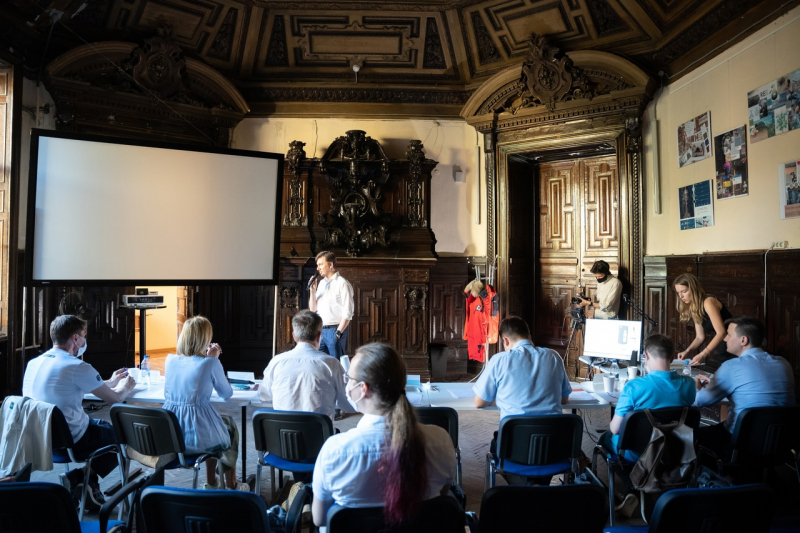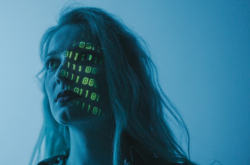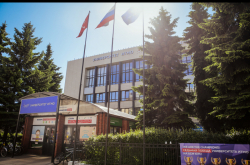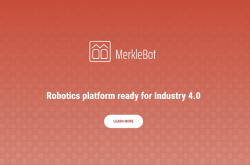For the past two years, ITMO University students have had the opportunity to present their own startups as theses, hence the name of the program: Startup As Thesis. Thanks to this project, those Master’s students who are already implementing scientific ideas in business can fully concentrate on their projects without needing to direct their efforts towards writing a conventional paper.
According to Anton Gopka, dean of ITMO’s Faculty of Technological Management and Innovations, the number of projects has increased since last year. Moreover, this time students defended projects that were closer to actually entering the market.
“Whereas in the first year we only had five projects at the defence, now there are over thirty,” says Anton Gopka. “Today, we’re seeing the first class of graduates who spent both years of their studies developing their projects. As a result, these are more science-driven projects that are already advanced, with developed prototypes, or even those that are entering the market. Notably, not only students of our faculty, but also those from BioTech and ChemBio Cluster defended their startups. Moreover, there were projects with international collaborators.”
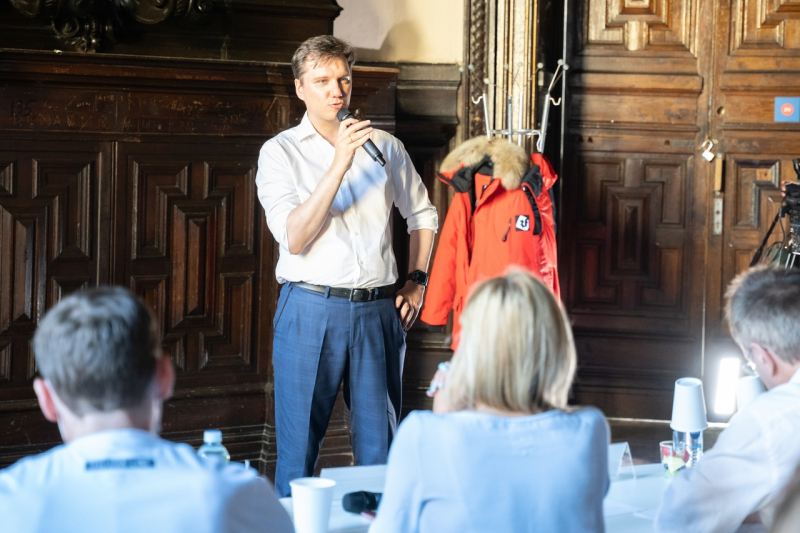
Anton Gopka
The defences were held over three days – June 18, 19, and 22 – with projects ranging from eco-friendly self-adhesive product labels to smart fabric.
All about skincare
According to different studies, 50% to 90% of women all over the world face the problem of stretch marks, most commonly after pregnancy. The project Inspiré du vin revolves around new skincare products that will help prevent and remove stretch marks.
According to Olga Sokolovskaya, a student at ITMO’s ChemBio Cluster and founder of the project, a team of ten brought the project to life, while the product itself came as a result of over five years of research.
“Our product is based on an inorganic boemithe hydrogel, which is an unconventional approach to skincare – such products usually include organic components,” notes Olga Sokolovskaya. “The product is hypoallergenic, which is a crucial factor because other products available on the market may contain allergens. If pregnant women or breastfeeding mothers use such products, it could lead to allergies developing in children, too.”
Olga Sokolovskaya also stressed that the product had already entered the market and is available for purchase. The team is planning to reach the sales level of 1,000 packages a month, as well as expand to the markets of the Eurasian Customs Union and acquire the necessary documents to start selling in Europe.
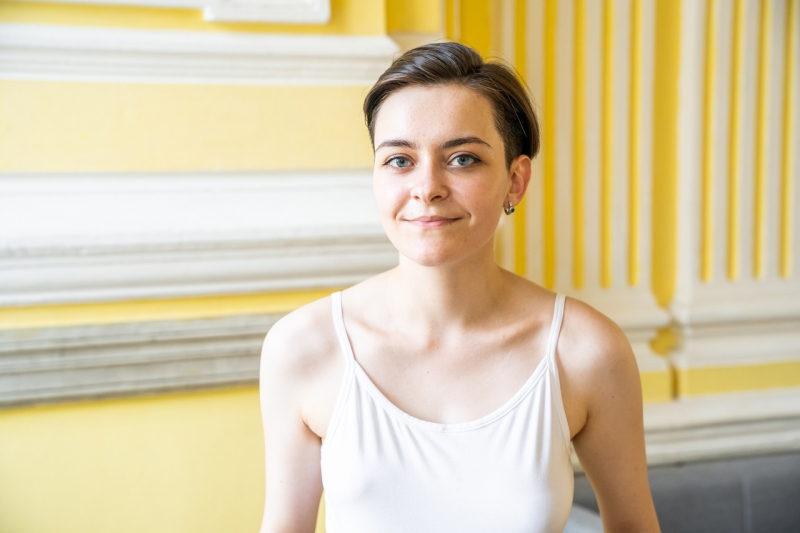
Olga Sokolovskaya
Smart fabrics
Among the defended projects was also Warmr, a startup developing a technology for production of smart fabric based on nano- and microprinted electronics. Such materials can be used to manufacture heated jackets or workwear that would help ensure safety on production sites.
“I came to ITMO with a background in entrepreneurship,” says Olavi Siikki, a co-founder of the project. “When I learned that I could turn my thesis into a startup, I understood that the best way to spend my time at university was by developing my own project. ITMO gave me almost everything I needed to bring it to life. We were given the opportunity to develop and implement our technology and we got a team. It would’ve been challenging without the university.”
The company is in the process of raising a $700,000 investment fund and is planning to produce a large batch of heated clothing by the end of the year.
“In the coming months, we want to register our company not only in Russia, but also abroad,” adds Olavi Siiki. “We are going to apply for an international patent and gain a reputation as creators of electronic fabrics.”
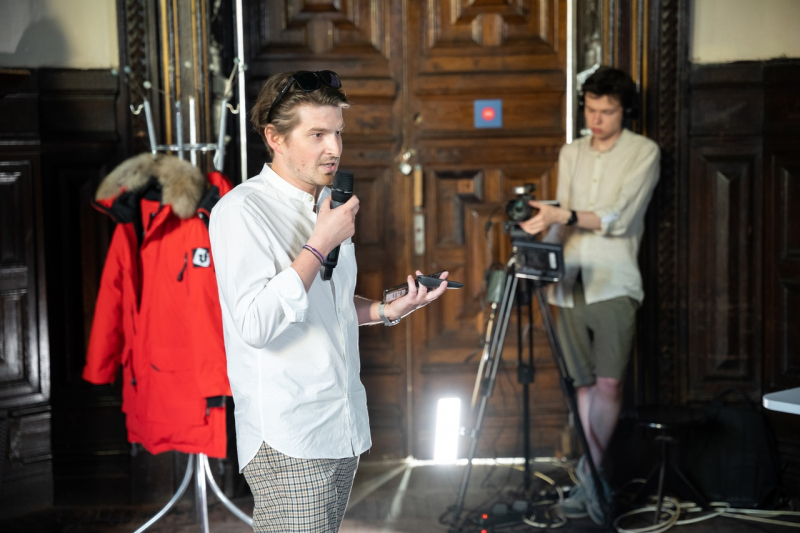
Olavi Siikki
Meditation in VR
SPOKIE is a project in the rapidly growing field of stress relief. The project’s team is developing a platform for meditation using the technologies of tracking alpha and beta brain waves and virtual reality. As a result, the startup offers its users an app for meditation, a VR headset, and a set of neurosensors.
“Our project helps to personify meditation in the office environment while also suppressing external stimuli, so that if you are stressed at the office, you could switch off completely and enter an alternate reality,” explains Aida Adzhieva, a co-founder of the project.
Right now, the project has already created an MVP and the team is getting ready to start testing it on the ProductHunt platform. Then, the team will enter the B2C and B2B markets.
“I think the conventional thesis defence is outdated,” shares Anastasia Isaeva, also a co-founder of the project. “We didn’t want to write 80 pages of theory, but to engage with something applied. We’d spent a long time working on the idea of coping with stress – first, we just had the app, but then we analyzed the market and understood that we needed additional advantages in the form of sensors and VR.”
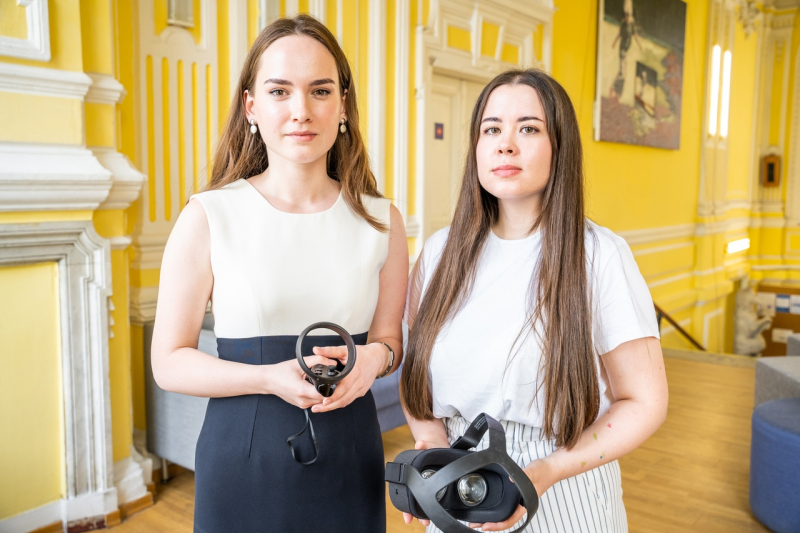
Aida Adzhieva and Anastasia Isaeva
Flexible sensors
The PeroRoentgen project is based on cutting-edge radio-physical data and offers new X-ray detectors based on perovskites – a class of materials whose popularity in microelectronics and photonics keeps growing.
“Perovskites are a great fit for detecting X-ray radiation,” explains Alexey Trofimov, founder of the project. “Detectors based on them have better qualities, such as brightness and running speed. Moreover, we are planning to produce flexible detectors that could be applied in healthcare and in manufacturing.”
The team already has agreements with research, engineering, and industrial partners, as well as the first investments for a lab prototype.
“By the end of the year, one of our partners will test the product, and next year we are planning to start batch production,” shares Alexey.
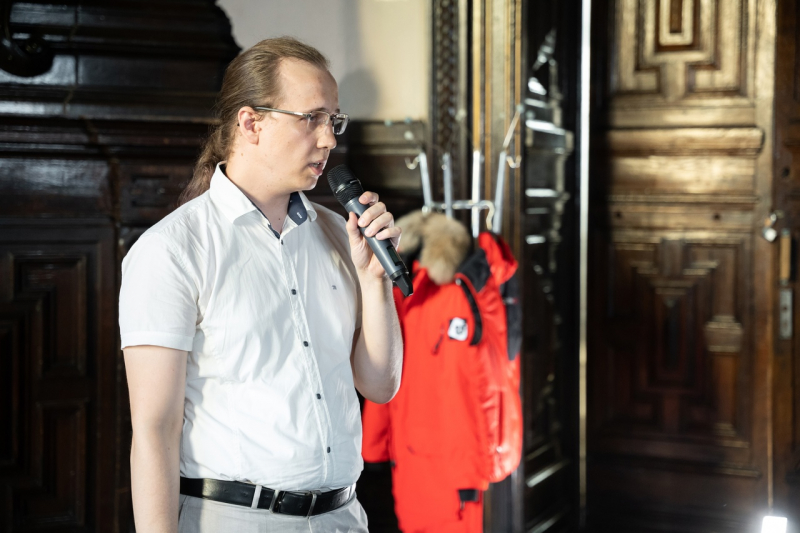
Alexey Trofimov
Taking care of nature
One other project defended by ITMO students was all about eco-friendly self-adhesive product labels. Hence the name Smart Label, given to the product by its team from the INNOCOLOID company. The new production technology makes it possible to produce labels that are not only environmentally-friendly, but also cheaper.
“We have already made an MVP and tested it on two production sites,” says Maria Alikina, founder of the project. “Now, we will keep widening our client network, growing our sales, and then we want to enter the European label market.”
The team has already applied for a Russian patent on their invention and has developed an international IP strategy.
“This project has been a source of very useful experience that brought me closer to what I want to do after graduation – project management and bringing products to the market,” adds Maria. “I now have a great deal of experience with searching for clients, partners, and funding. I have also learned a lot about working with intellectual property, as well as developing a marketing strategy and a business plan.”
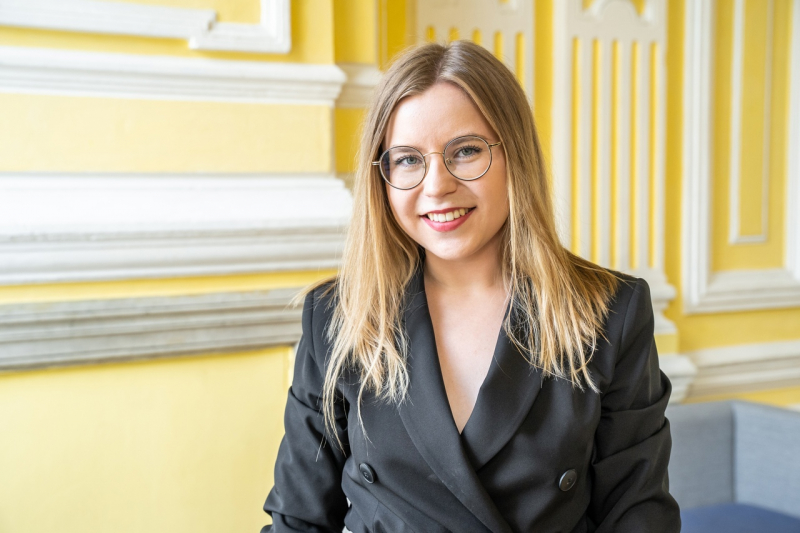
Maria Alikina
Brand new entrepreneurs
Alexander Galitsky, one of the most well-known Russian investors, headed the state examination committee. Afterwards, he shared his impressions with ITMO.NEWS.
“At least several of the teams can consider bringing their projects to a logical end, which is to turn them into real startups,” says Alexander Galitsky. “Even if they don’t succeed, it will be a practical experience that should turn them into brand new entrepreneurs.”
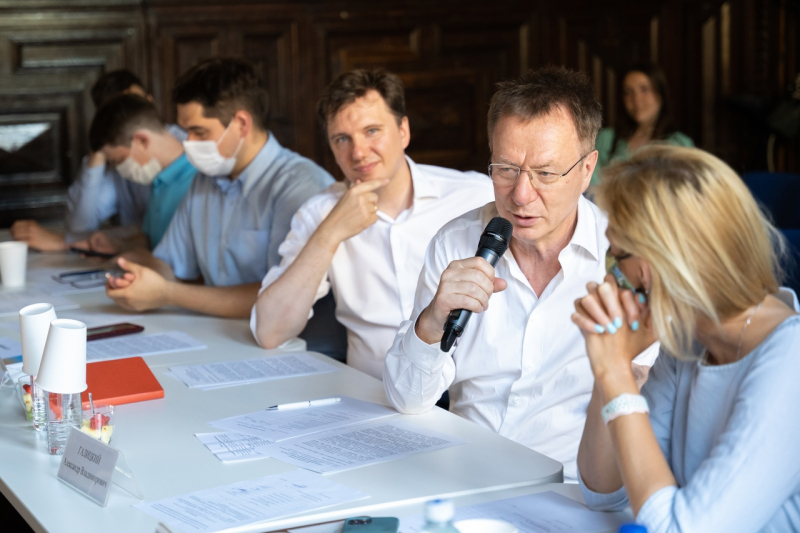
Alexander Galitsky
The defence ended with a brief presentation of next year’s projects. According to Anton Gopka, next year there will be about 100 of them at the defence.
“We want to reach the level of 300 projects a year. This will ensure our position as Russia’s leaders in this regard,” he continues. “We are building an infrastructure where students can bring their ideas, receive access to the university’s resources, create their prototypes, demonstrate them, and then secure funding from the university and investors.”
After the defence, students and visitors visited a concert held at ITMO’s campus on Chaykovskogo St.
